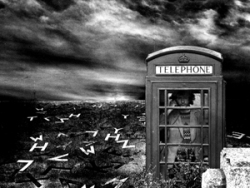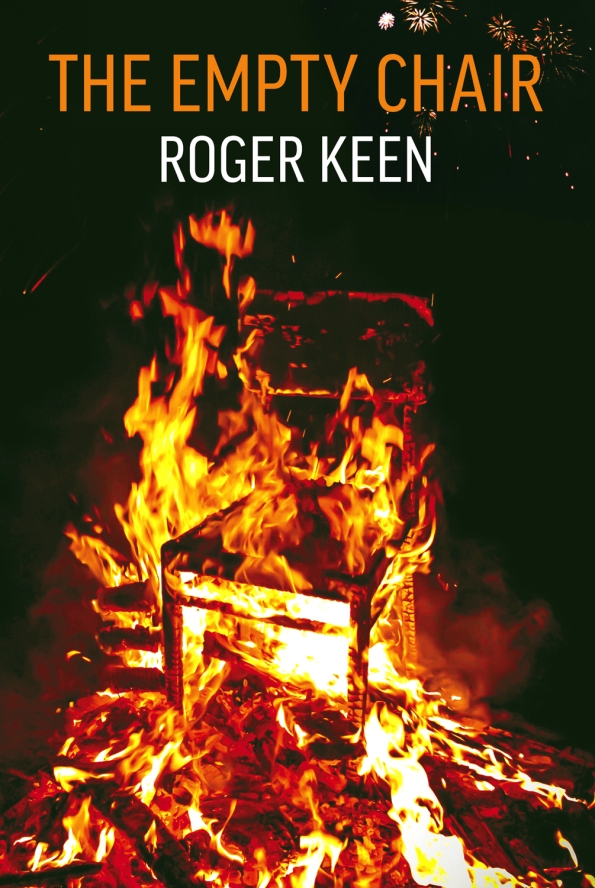Archive
The Beat Hotel & Shakespeare and Company
This short film was assembled from recently rediscovered footage I shot in 2006, showing the legendary Beat Hotel in Rue Gît-le-Cœur in the Paris Latin Quarter, and the nearby equally legendary bohemian bookshop Shakespeare and Company.
In the 1950s the hotel was home to Beat luminaries William Burroughs, Allen Ginsberg and Gregory Corso. Burroughs completed his novel Naked Lunch here, and in conjunction with the artist Brion Gysin, he discovered the consciousness-altering dreamachine and the cut-up literary technique, used in subsequent novels, including Soft Machine and Nova Express.
The original Shakespeare and Company was founded by Sylvia Beach in the 1920s, and writers such as Hemingway, Pound, Fitzgerald, Joyce and Beckett gathered there. It featured in the Woody Allen film Midnight in Paris, but it was shut down during the Nazi occupation in 1941. The bookshop, in its current location, was founded by George Whitman, an expat American of literary leanings, who at the time of filming was still alive and active at the age of ninety-two. Back in the ’50s he knew Henry Miller and Anais Nin, as well as Samuel Beckett and, of course, the Beat writers.
George Whitman died in 2011, just after his ninety-eight birthday, and the bookshop is now run by his daughter, named after Sylvia Beach. As for the Beat Hotel, in its present incarnation – as the Relais Hotel du Vieux Paris – you can stay for around 150 Euros per night, and if you ask they might give you Burroughs’ old room.



